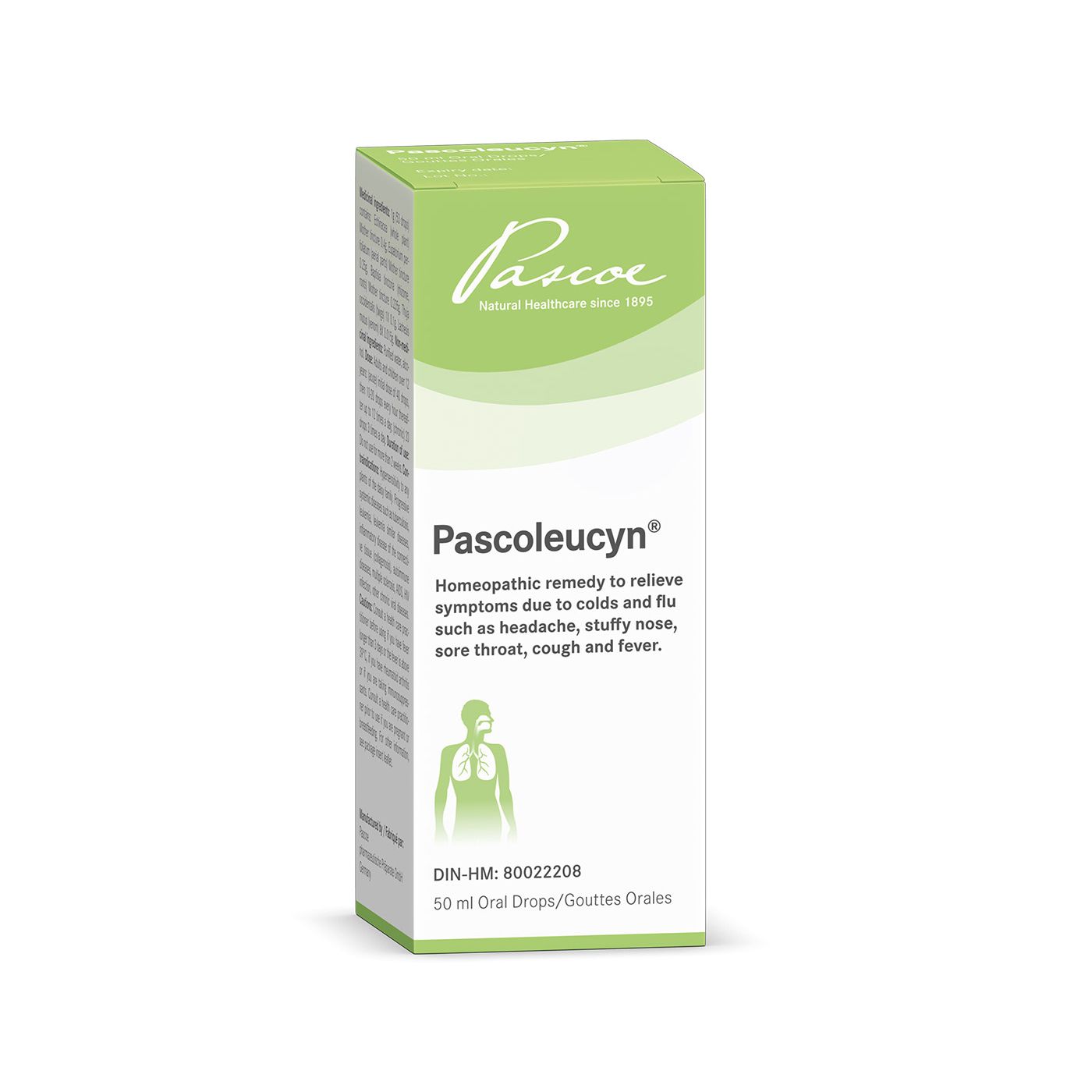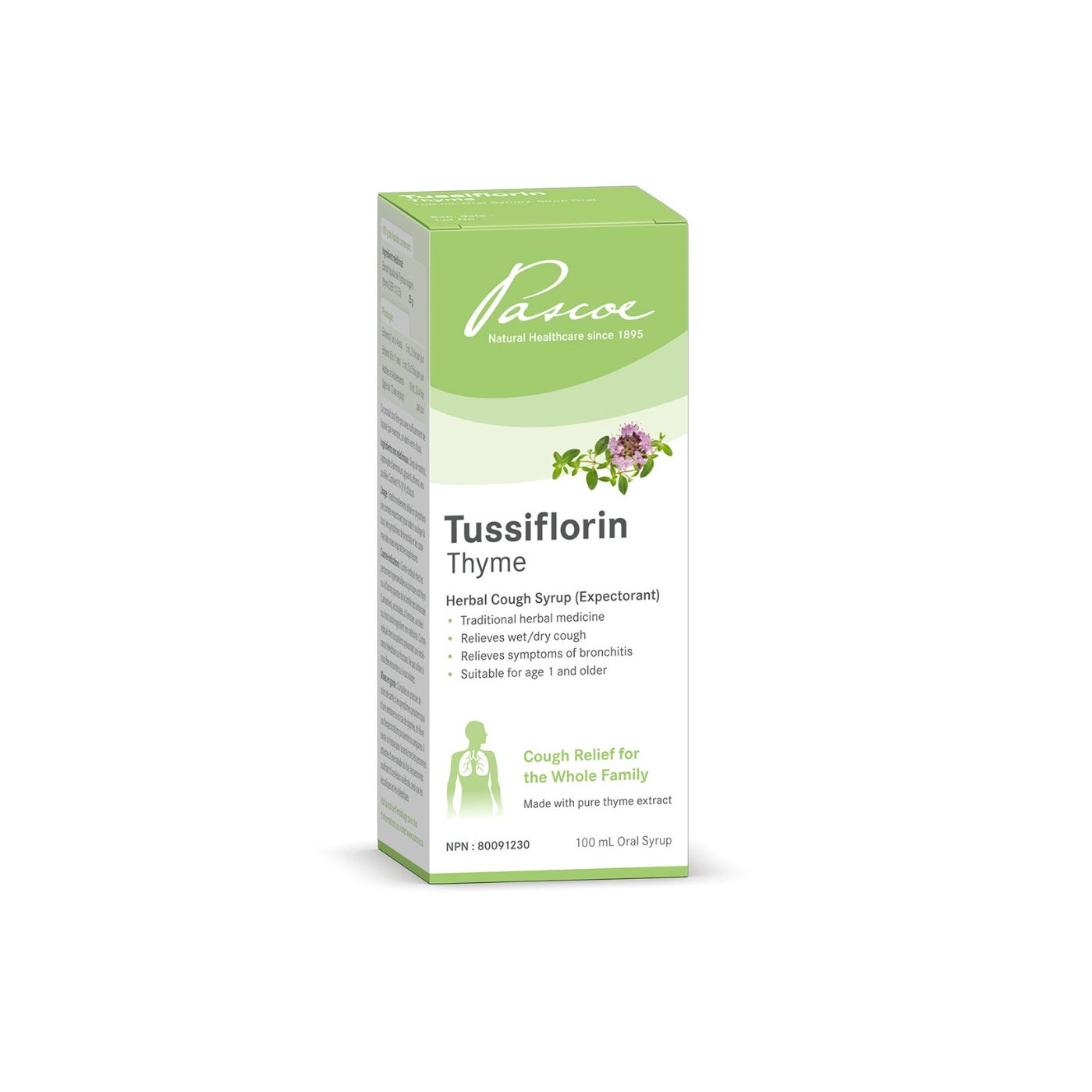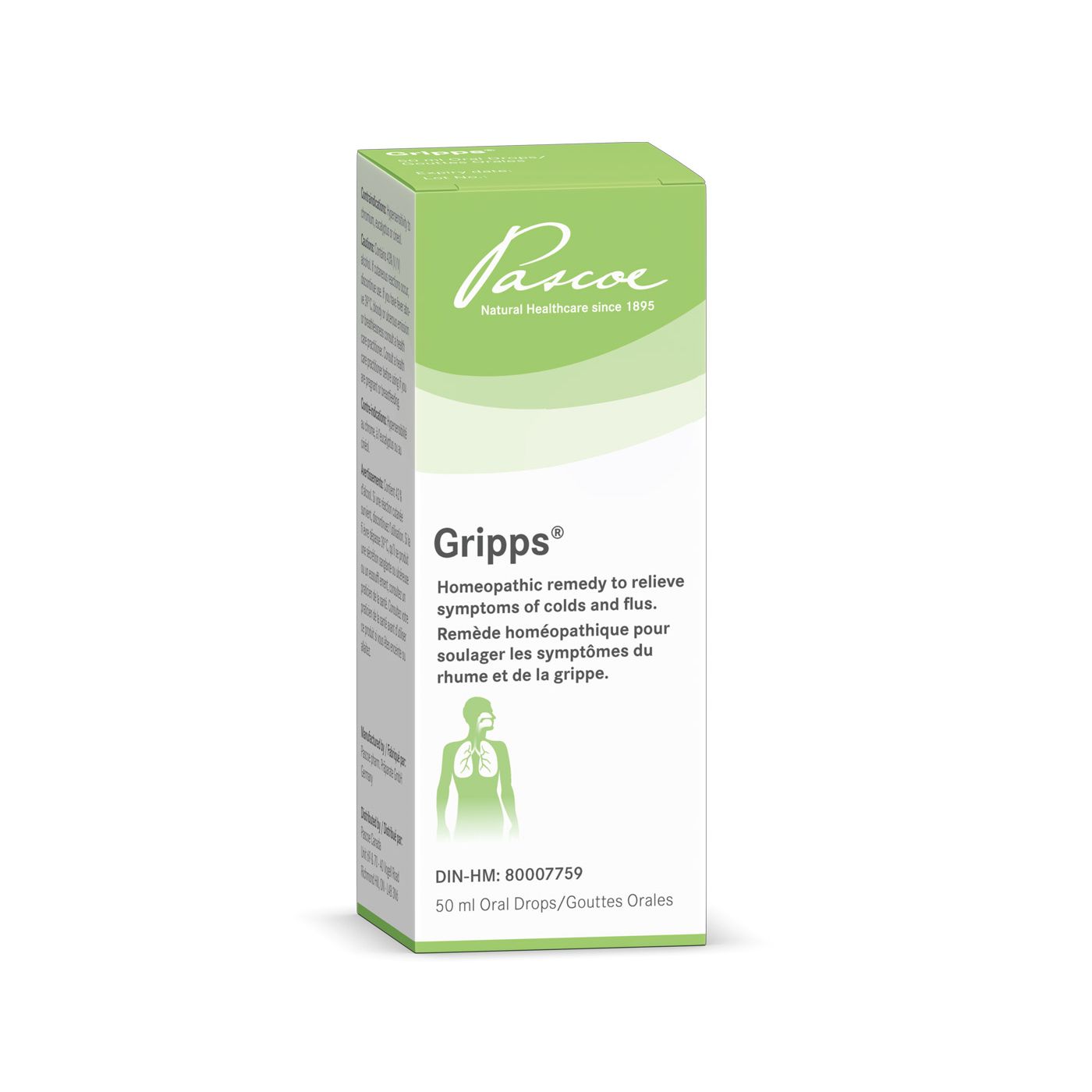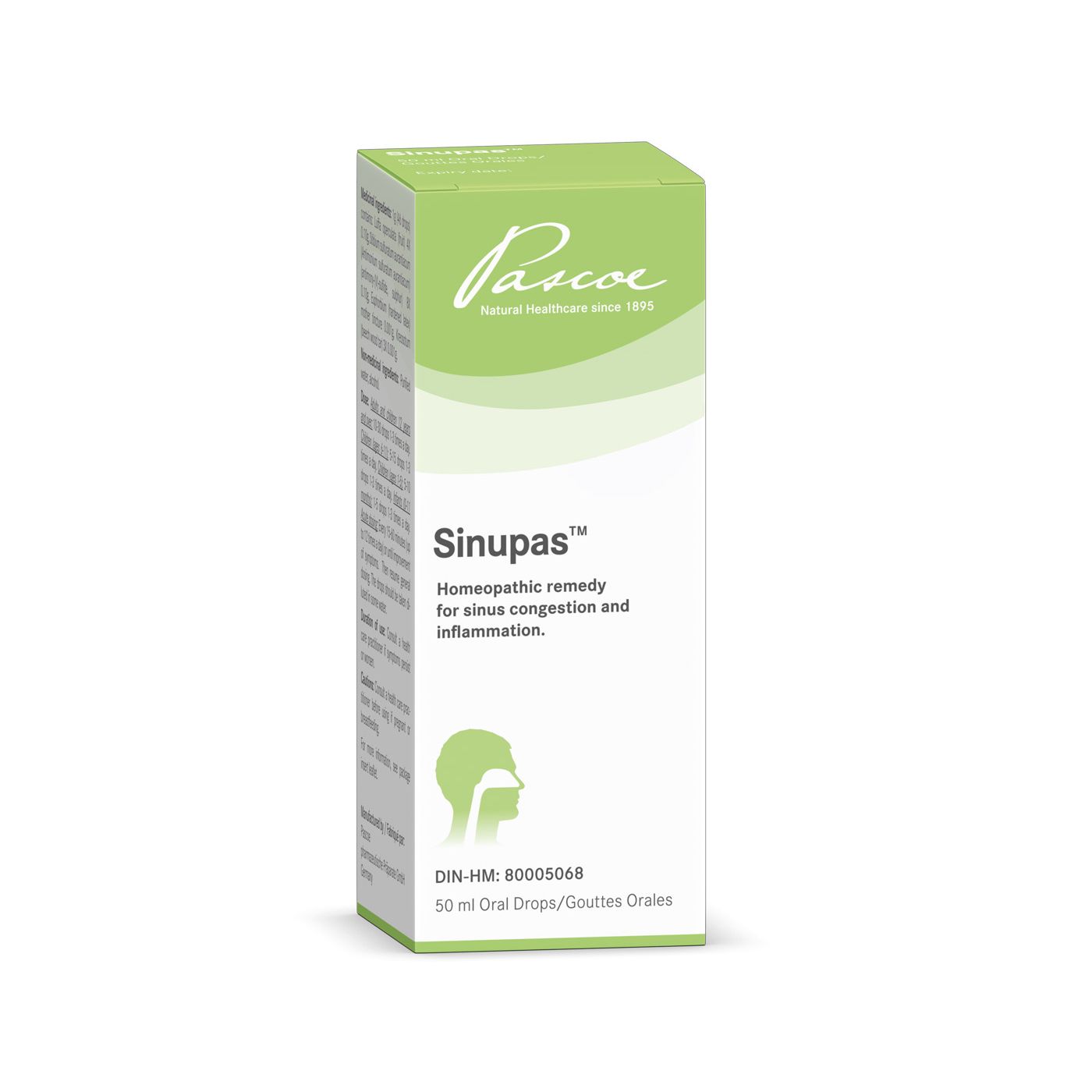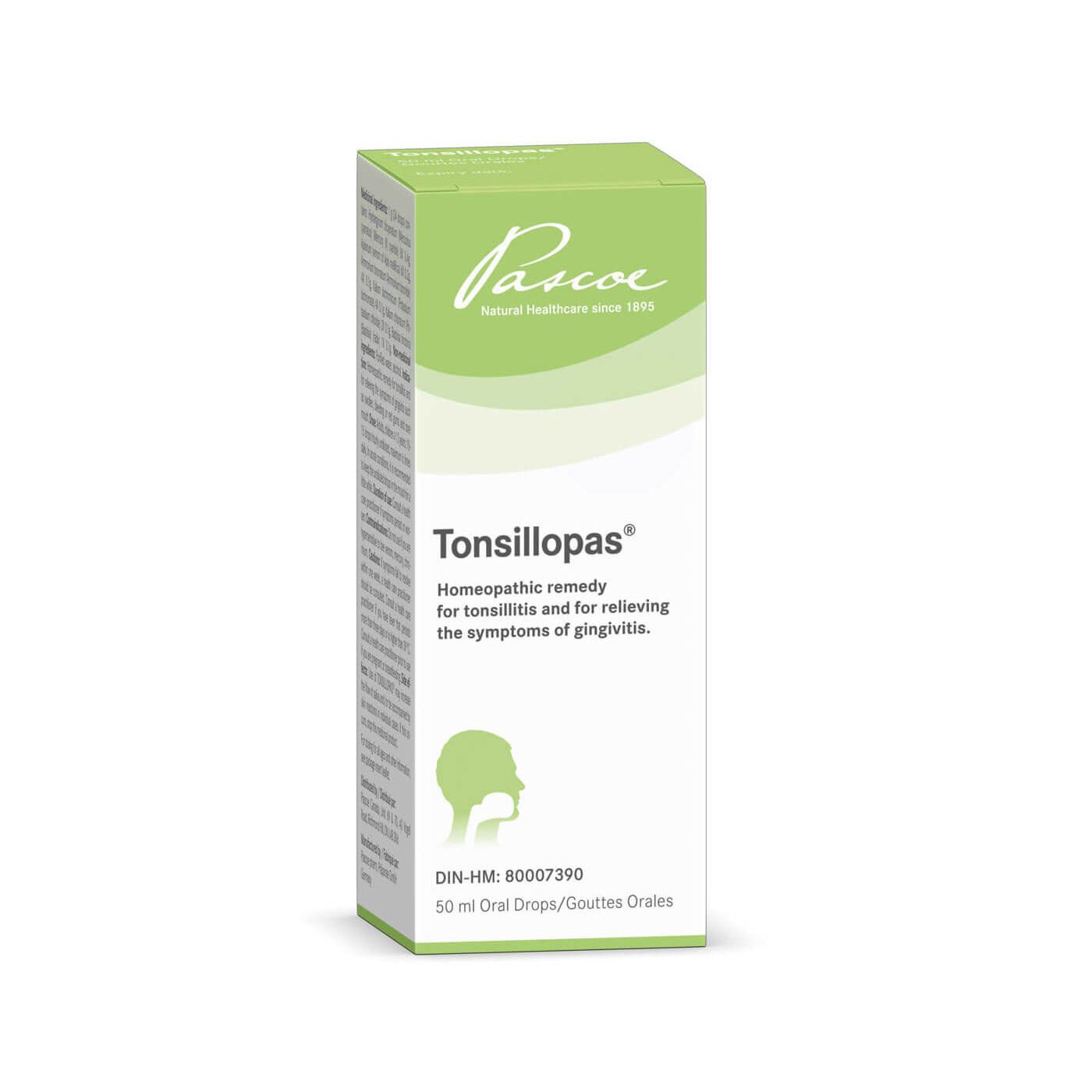The Tree of Life to Help You Fight Cold, Flu and Infection!
It has been called the 'Tree of Life', and probably for very good reason. It grows tall and mighty - up to 200 feet! And it also has a multitude of healing medicinal benefits.
Thuja can really help boost your immune and respiratory system, and keep you healthy through the cold and flu season. Keep reading to find out how!
It's name is Thuja occidentalis; also known as Arborvitae, and the Northern White Cedar. Thuja is a plant in the category of coniferous trees in the Cupressaceae (cypress family). There are five species in the category, two native to North America (Thuja occidentalis or Eastern Arborvitae/Northern White Cedar and Thuja plicata or Western Red Cedar). As a pine tree would, it has a camphorous (slightly medicinal), piney smell, but Thuja essential oil has a more fruity aroma. Because of this, Thuja occidentalis is often used in manufacturing, as a fragrance in cosmetics and soaps. It is also often used as a flavoring agent in foods and beverages.
But Thuja occidentalis is known best for its wide range of medical benefits, and for being a very powerful medicine for a host of medical ailments. Its twigs and leaves are used for their medicinal properties. Thuja is chalked full of vitamin C, which is one of the reasons it is so effective in healing. In Canada, early settlers used to make a tea that has been shown to contain 50 mg of vitamin C per 100 grams. To learn about the many medicinal uses for Thuja, read below.
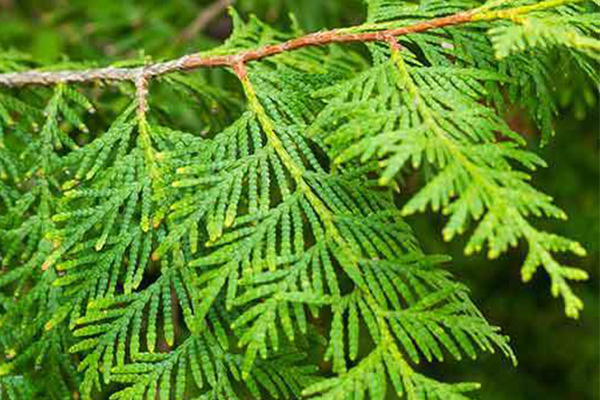

Cold and Flu
Research has shown that when taken orally for a week, Thuja improves the severity of cold and flu symptoms and improves overall well-being.
Sore Throat / Cough (Tonsillitis)
Taking Thuja in conjunction with other sore throat remedies like herbal cough syrups and lozinges, helps ease the symptoms and cuts the time of illness down significantly.
Clears Respiratory Tract
Thuja occidentalis is traditionally used in herbal medicine as an expectorant (a medication that helps clear mucus from the airways). It is an expectorant for expelling phlegm and catarrh deposited in the respiratory tracts and lungs. It encourages a clear, decongested chest and helps one to breathe easier as it clears out mucus and phlegm.
Nasal Swelling (Sinusitis)
Early research suggests that taking a specific product containing vitamin C and extracts of thuja and/or echinacea improves nasal blockage and general well-being in people with sinusitis.
Skin Conditions
Thuja has been known to help treat and heal a number of skin conditions such as psoriasis, warts, eczema and other common issues. It can be taken orally or applied topically to aid in this problem.
Other Uses
Thuja has been used for many other conditions including bronchitis, bacterial and viral infections (e.g., strep throat, herpes simplex virus), muscle pain, osteoarthritis, and trigeminal neuralgia (chronic and severe pain affecting a large nerve in the head). It can also be used as a diuretic (increases urination), and has also been known to ease symptoms associated with menstruation.
Now you know why this beautiful, mighty tree is praised for its foliage. However, as with any herbal medication (or any medication) be sure to consult your healthcare practitioner before using Thuja or any other medicine. Thuja leaves contain an oil called thujone, which may cause side effects or have negative interactions with other drugs or herbs.

